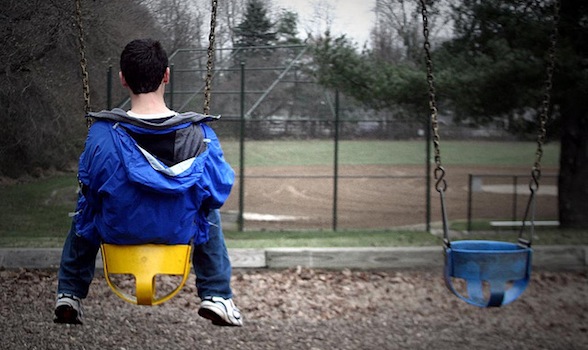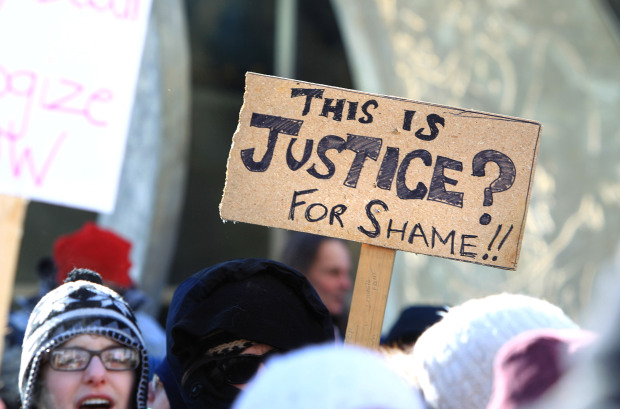
I used to actually read the Good Men Project…until it got taken over by good women. No thanks, but I’m longer interested.
MEN…We like to do man things. We like to talk man talk. We like to bond with other men. I’m specifically talking heterosexual men in this post by the way. I have NO idea what others do.
I am really starting to see a shift in the public discourse – at least I hope I am. I know I am starting to see more men actually grow a pair (as some like to say) and get some testicular fortitude to stand up to the nonsense that permeates much of our culture.
I am proud the be a man. I am not afraid to stand up and call out bullshit when I see it. There are a lot of double standards and I feel it is time to tell it like it is.
Tom Matlack, the founder of the Goon Men Project has since left the blog. I’m glad he did. The current blog is filled with female writers writing pieces about things women would like to read. It also seems to be filled with commentary that you might find in female centered publications. Before Tom decided to leave, he wrote a piece called Being a Dude is a Good Thing. I applaud him for writing it and standing up to those who have a problem with masculinity.
Tom said:
Why can’t women accept men for who they really are? Is a good man more like a woman or more truly masculine?
Here perhaps we have to go back to the macro picture for some explanations. God knows men have done some really bad shit. And god knows as guys we can, at times, live up to the stereotype of knuckle-draggers looking to eat, fuck, drink, and sleep. In that order. We’ve been slow to reveal our inner thoughts and feeling. But again my pet theory is that this comes back to vocabulary. Emotional language has been so dominated by women that to talk about feelings is, at some level, to become female rather than macho.
Sweeping generalizations about individual relationships are pretty useless. How a guy who teaches Gender Studies relates to his spouse is probably pretty different than how some Navy SEAL does. And I am sure there are plenty of heterosexual relationships where the gender roles are reversed before even getting in gay marriages.
But my basic point is that many men, I think, feel blamed for being simply men. That their most basic instincts are twisted around to torture rather than celebrate who they are.
One of the most interesting things about the Good Men Project is the readiness of women to talk about men. They are more than welcome here, but I still wonder why? Why such a passionate outcry by women about men?
I’ve probably done over a hundred talks by now about manhood. For the first couple years I would always say that my best audiences were women, boys (who are dying to know about manhood), and prisons (because the guys can’t leave).
But that has been changing recently. I spoke at the Boston Book Fair a few weeks back to a room of nearly a thousand. And for the first time I noticed more men than women.
It seems that the blame game in the mainstream, whether through the minimization of male life in pop culture or on television or through the continued obsession with men behaving badly, has finally struck a chord with the average guy. We are no longer willing to be blamed for being men. We are no longer willing to avert our gazes and stay silent about our feelings. We are raising our voices and telling our stories in our own male vocabulary.
To women, I assume the response is, “well, it’s about time.” But just remember when we talk it’s not going to sound like a women in a man’s body. It’s gonna be all dude. And you are just going to have to deal with that.
I totally agree! He is totally on point.
There are plenty of other outlets for men to express themselves. I have an outlet here on my blog to express my thoughts and feeling about current events and things that pertain to men and fathers. I also find lots of interesting tidbits of information on A Voice for Men, Men’s Activism as well as The Spearhead.
Once I saw the infiltration of more female voices to GMP, I became less and less interested in what they had to say.
Good luck to Good Men Project! I think the project has been completed.





